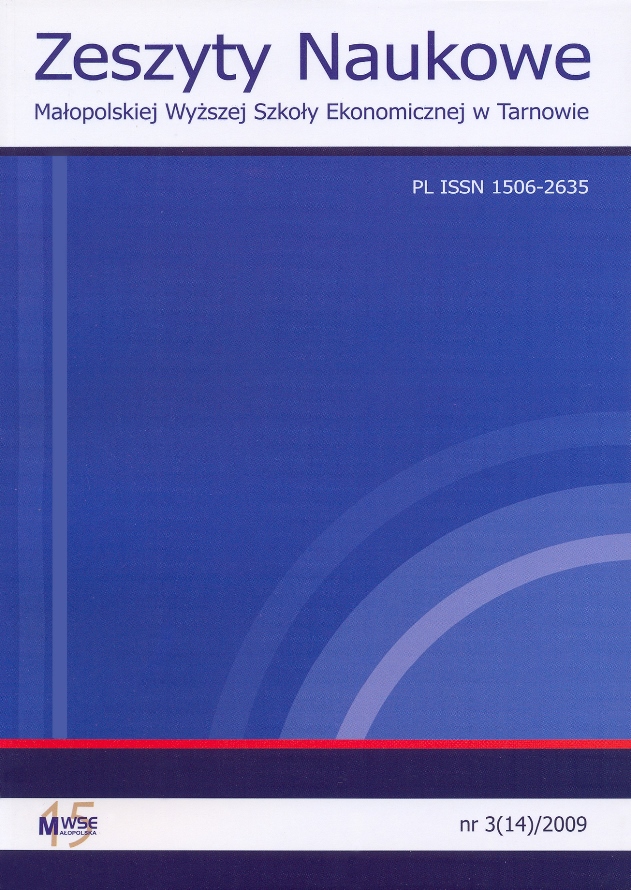Abstract
Recreation and tourism belong to those few fields of heath education that enable such quick and efficient integration of the mentally handicapped, as well as cooperation between the younger and older generations. Common meetings and trips integrate people, as well as strengthen social bonds. Individuals are able to learn more about their strong and weak points, by means of group actions and competition with others. In case of children and teenagers, tourism and recreation play one more crucial role - they change the perception of handicapped people by healthy ones. Besides, they enable the former to get out of closed surroundings, as well as blur differences between the former and the latter. They help to overcome the barriers and complexes connected with being handicapped. As a form of rehabilitation promoting new lifestyle, recreation and tourism are becoming an element of common awareness and social care. The aim of this dissertation is to show the history and structure of the Special Educational and Pedagogical Centre in Tarnów, as well as the development of many active forms of spending free time among handicapped children by means of recreation and tourism.
References
Cohen J. 2003. Disability Etiquette, Tips on Interacting with People with Disabilities. New York: United Spinal Association.
View in Google Scholar
Doroszewska J. 1981. Pedagogika specjalna. Wrocław: Ossolineum.
View in Google Scholar
Gawlik K., Zwierzchowska A. 2004. Wychowanie fizyczne dzieci i młodzieży z niepełnosprawnością intelektualną. Katowice: AWF. ISBN 83-87478-73-3.
View in Google Scholar
Grabowski J. i wsp. 2007. Vademecum organizatora turystyki niepełnosprawnych. Łódź: WSTH. ISBN 978-83-918688-6-7.
View in Google Scholar
Janiszewski M. 1989. Rekreacja ruchowa dla osób niepełnosprawnych. Łódź: Wydawnictwo Uniwersytetu Łódzkiego. ISBN 83-7016-412-9.
View in Google Scholar
Specjalny Ośrodek Szkolno-Wychowawczy w Tarnowie. 1996. Biuletyn Informacyjny Tarnów: Witek-Druk.
View in Google Scholar
PTSS " Sprawni Razem". 2007. Biuletyn Informacyjny Nr 1. Warszawa.
View in Google Scholar
Wyczesany J. 1999. Pedagogika upośledzonych umysłowo. Kraków: Impuls. ISBN 83-86994-47-9.
View in Google Scholar
Żółkowska T. 2003. Turystyka osób upośledzonych intelektualnie. W: Niepełnosprawny turysta. Poradnik dla pilotów i przewodników turystycznych. Szczecin: Forum Turystyki Pomorza Zachodniego. ISBN 83-87978-41-8.
View in Google Scholar
© Copyright by Małopolska School of Economics in Tarnów. The articles are available under the Creative Commons Attribution NonCommercial-NoDerivatives 4.0 International License


